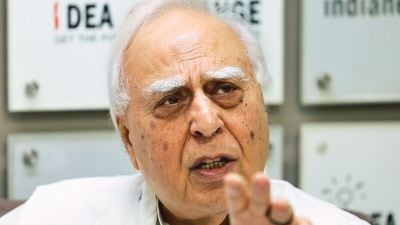RBI proposed easing of norms for dividend payout by banks
Currently, banks need to have a NNPA ratio of up to 7 per cent to become eligible for declaration of dividends.
 The RBI has proposed increasing the upper ceiling on dividend payout ratio -- which is the ratio between the amount of the dividend payable in a year and the net profit -- to 50 per cent if the net NPA is zero from the earlier ceiling of 40 per cent.
The RBI has proposed increasing the upper ceiling on dividend payout ratio -- which is the ratio between the amount of the dividend payable in a year and the net profit -- to 50 per cent if the net NPA is zero from the earlier ceiling of 40 per cent.
The Reserve Bank of India (RBI) on Tuesday has proposed to give permission for banks having net non-performing assets (NPAs) ratio of less than 6 per cent to declare dividends.
Currently, banks need to have a NNPA ratio of up to 7 per cent to become eligible for declaration of dividends.
“The net NPA ratio, for the financial year for which the dividend is proposed, should be less than six per cent,” the RBI said in the draft guidelines on dividend declaration.
The guidelines have been reviewed in the light of implementation of Basel III standards, the revision of the prompt corrective action (PCA) framework, and the introduction of differentiated banks, the RBI said.
The central bank has proposed that the new guidelines should come into effect from FY25 onwards.
The RBI said a commercial bank should have a minimum total capital adequacy of 11.5 per cent to be eligible for declaring dividend, while the same for a small finance bank and payment banks has been set at 15 per cent, and 9 per cent for local area banks and regional rural banks.
The RBI has proposed increasing the upper ceiling on dividend payout ratio — which is the ratio between the amount of the dividend payable in a year and the net profit — to 50 per cent if the net NPA is zero from the earlier ceiling of 40 per cent.
The draft also made it clear that the Reserve Bank should not entertain any request for “ad-hoc dispensation on declaration of dividend”.




- 01
- 02
- 03
- 04
- 05



























